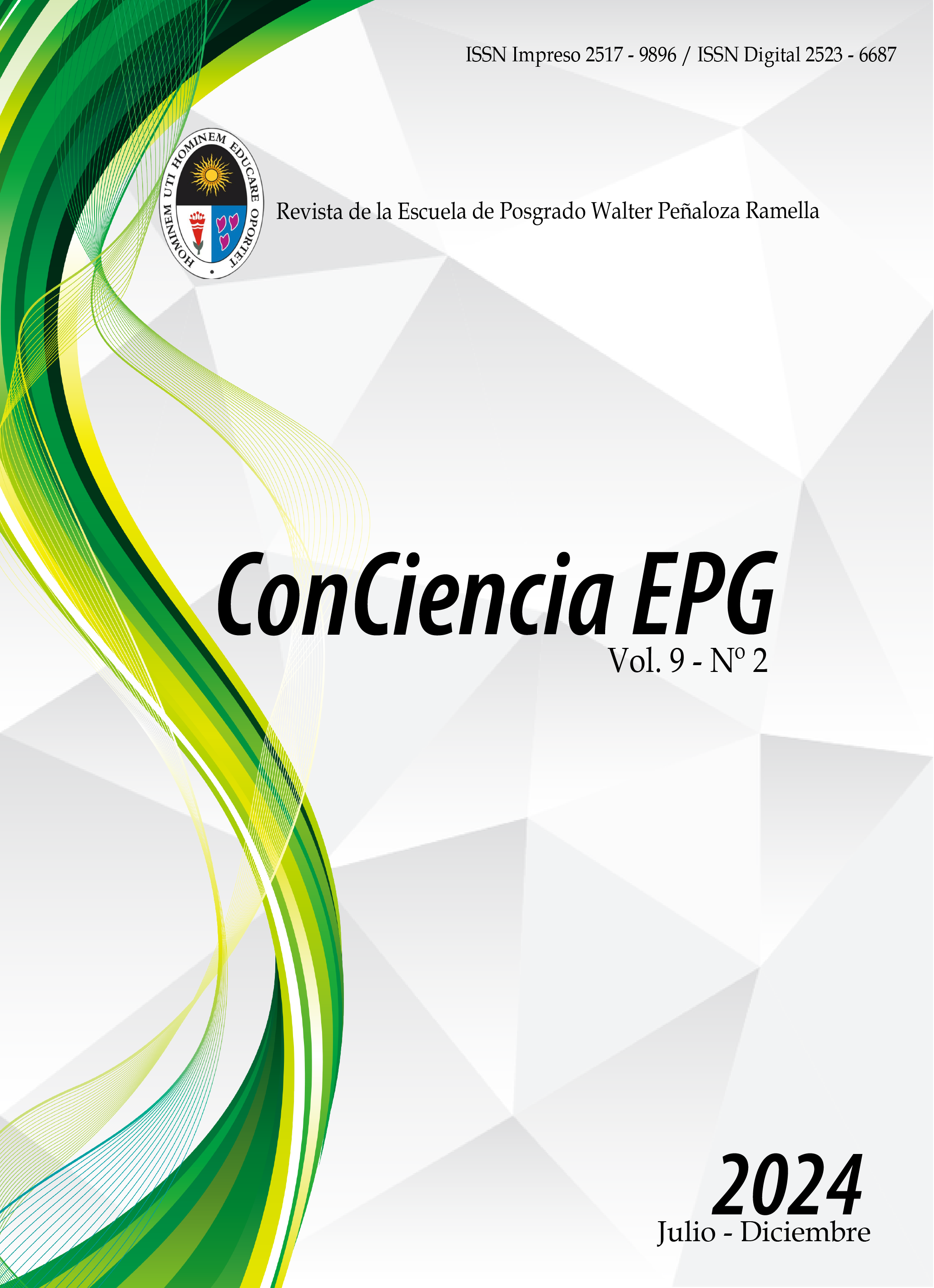El Chatgpt en el análisis y la creación de contenidos
Contenido principal del artículo
Resumen
Este estudio revisa sistemáticamente la literatura sobre el uso de ChatGPT en el análisis y la creación de contenidos. Se identificaron vacíos en la comprensión de su impacto en la educación y las ciencias sociales. La metodología incluye la búsqueda y selección de estudios mediante bases de datos indexadas, siguiendo los estándares PRISMA. Los resultados destacan el potencial de ChatGPT en tareas de automatización de textos y el reto de abordar problemas éticos relacionados con su uso. Las conclusiones sugieren líneas futuras de investigación para optimizar su aplicación responsable.
Detalles del artículo

Esta obra está bajo una licencia internacional Creative Commons Atribución-NoComercial 4.0.
Cómo citar
Referencias
Bender, E. M., Gebru, T., McMillan-Major, A., & Shmitchell, S. (2021). On the dangers of stochastic parrots: Can language models be too big? Proceedings of the 2021 ACM Conference on Fairness, Accountability, and Transparency, 610–623. https://doi.org/10.1145/3442188.3445922
Brown, T., Mann, B., Ryder, N., Subbiah, M., Kaplan, J. D., Dhariwal, P., Neelakantan, A., ... Amodei, D. (2020). Language models are few-shot learners. Advances in Neural Information Processing Systems, 33, 1877–1901. Recuperado de https://arxiv.org/abs/2005.14165
Doshi-Velez, F., & Kim, B. (2017). Towards a rigorous science of interpretable machine learning. arXiv preprint arXiv:1702.08608. Recuperado de https://arxiv.org/abs/1702.08608
Flores, F. (2021). La ética en la inteligencia artificial: Retos y perspectivas. Universidad de Ejemplo Press.
Guirao-Goris, J. A., Olmedo-Canca, N., & Ferrer-Ferrandis, E. (2008). Revisión sistemática de la literatura: Bases conceptuales y metodología. Revista Española de Salud Pública, 82(6), 615–624.
Haleem, A., Javaid, M., & Singh, R. P. (2022). Understanding the role of artificial intelligence in medical education: Insights and future directions.
Marr, B. (2023). How AI Is Changing Education. Publicado en Forbes.
OpenAI. (2023). Introducing ChatGPT and Whisper APIs. OpenAI Official Blog. Recuperado de https://openai.com/blog/chatgpt-api
OpenAI. (2024). Documentation and Research Highlights. OpenAI.
Unesco. (2023). Unesco Thesaurus: Keywords for education, science and culture. Recuperado de https://vocabularies.unesco.org/
Vinuesa, R., et al. (2020). The Role of Artificial Intelligence in Achieving the Sustainable Development Goals. En Nature Communications.
Zhu, Y., Kiros, R., Zemel, R., Salakhutdinov, R., Urtasun, R., Torralba, A., & Fidler, S. (2015). Aligning books and movies: Towards story-like visual explanations by watching movies and reading books. Proceedings of the IEEE International Conference on Computer Vision, 19–27. https://doi.org/10.1109/ICCV.2015.11
